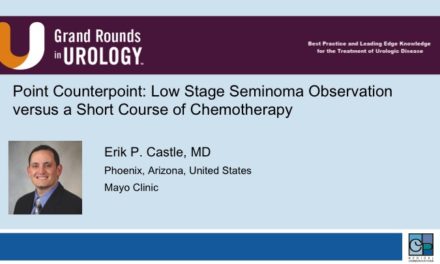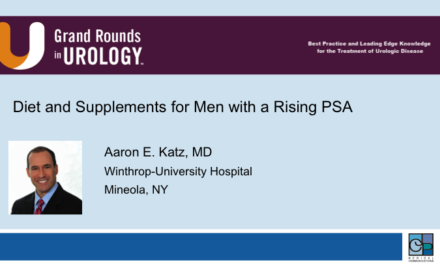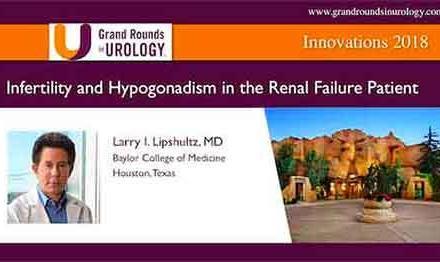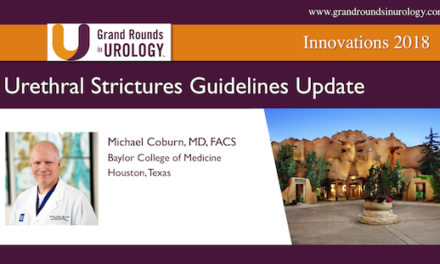Session 2:
Next Generation Developments in GU Cancer
2018 Consensus Statements
-
Trials ongoing for adjuvant therapy in high-risk renal cancer, with current tyrosine-kinase inhibitors (TKIs), are investigating only progression-free survival (PFS) as primary endpoint. We think overall survival (OS) is a more important indicator of outcome. The group questioned the clinical significance of an improvement in PFS with significant toxicity, without a benefit in survival. Quality of life changes become more relevant especially in a patient who starts treatment without symptoms. This is particularly important in light of the known toxicities of tyrosine kinase inhibitors in this setting.
-
The CARMENA trial found, in intermediate to high risk patients with metastatic disease, that patients treated with nephrectomy followed by sunitinib had an inferior survival than patients undergoing treatment with sunitinib alone. The group agreed that more studies are needed to evaluate nephrectomy several patient groups 1) low-risk metastatic renal patients undergoing either TKI or immune therapy and 2) Intermidiate/high risk patient metastatic patients undergoing immune therapy.
-
Neoadjuvant trials are currently being performed with immunotherapy alone or the combination of immunotherapy with targeted therapies. The optimal combination and timing in relationship to surgery are yet to be defined. Is the neoadjuvant approach better than that adjuvant approach? Does neoadjuvant therapy proved a constant source of antigen exposure for immune therapy, and thus have an advantage over adjuvant therapy?
-
The role of biomarkers, particularly PDL-1 status needs to be better defined. Is PDL 1 expression predictive of response or prognostic for survival, or both? Can this marker be used to design neoadjuvant/adjuvant trials.
5-Year Predictions:
- Combination antiangiogensis therapy/checkpoint inhibition therapy will be a standard of care for metastatic disease.
- Neoadjuvant/adjuvant immune therapy trials will be completed.
Session Moderator
Daniel P. Petrylak, MD
Yale Cancer Center
New Haven, CT
ABOUT THE AUTHOR
Daniel P. Petrylak, MD, is currently Director of Genitourinary Oncology, Professor of Medicine and Urology, Co-Leader of Cancer Signaling Networks, and Co-Director of the Signal Transduction Program at Yale University Cancer Center in New Haven, Connecticut. He is a recognized international leader in the urology field. He earned his MD at Case Western Reserve University School of Medicine in Cleveland Ohio. He then went on to complete his Internal Medicine Residency at Albert Einstein College of Medicine/Jacobi Medical Center in the Bronx, and his fellowship at Memorial Sloan Kettering Cancer Center in New York.
Dr. Petrylak has served as principal investigator (PI) or co-PI on several SWOG clinical trials for genitourinary cancers. Most notably, he served as the PI for a randomized trial that led to the FDA approval of docetaxel in hormone refractory prostate cancer. He also helped to design and served as PI for the SPARC trial, an international registration trial evaluating satraplatin as a second-line therapy for hormone refractory prostate cancer.
Dr. Petrylak served on the program committees for the annual meetings of the American Urological Association from 2003-2011, and for the American Society of Clinical Oncology from 1995-1997 and 2001-2003. He also has served as a committee member for the Devices and Immunologicals section of the FDA. He has published extensively in the New England Journal of Medicine, Journal of Clinical Oncology, Journal of the National Cancer Institute, Cancer Research, and Clinical Cancer Research.






